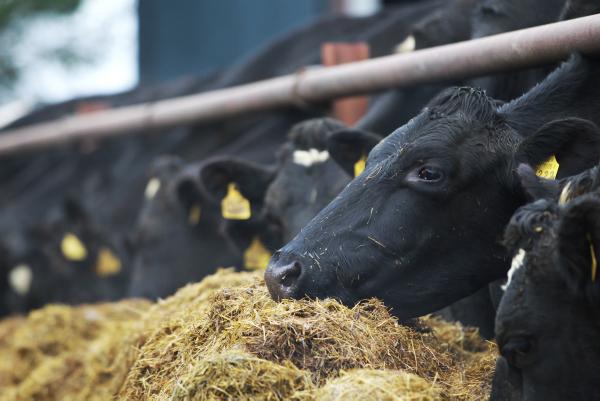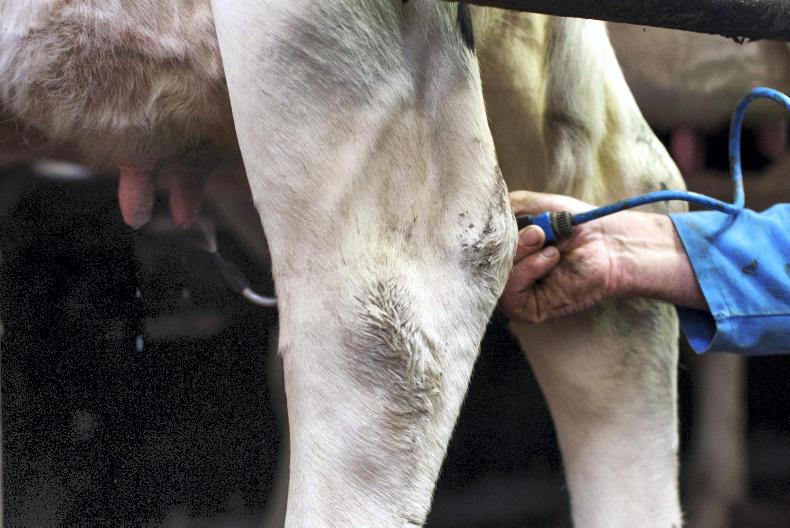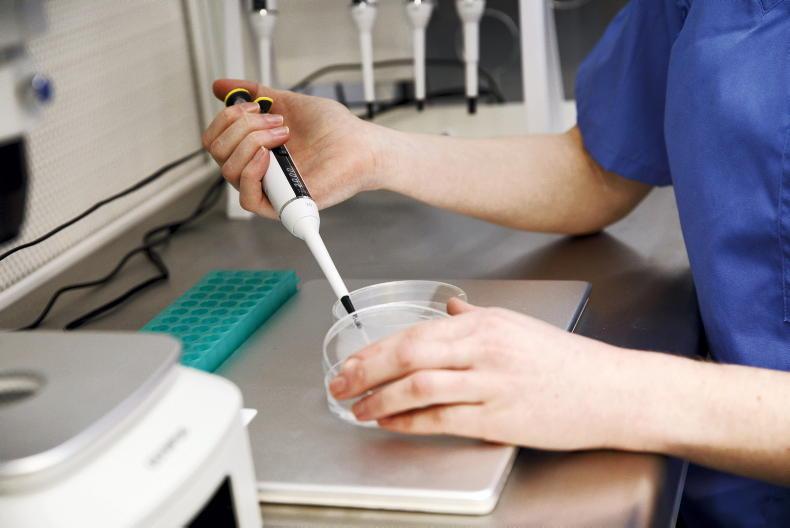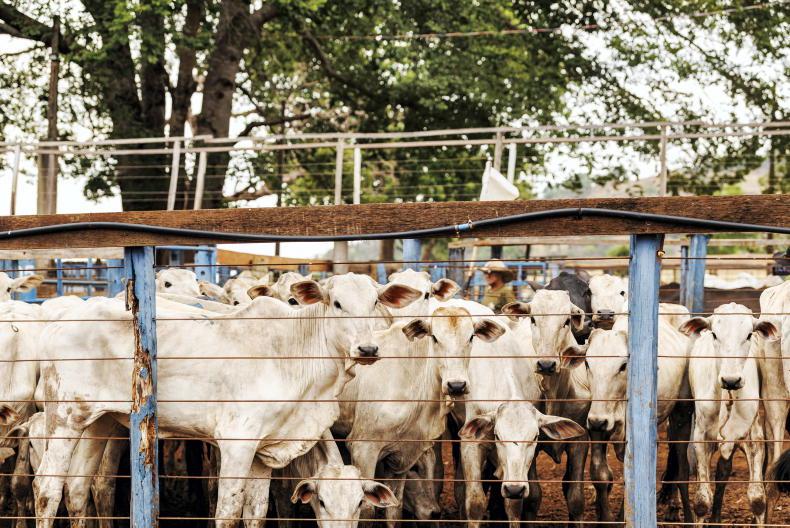Approximately 20% of dairy farmers in NI have applied to the EU-wide €150m voluntary milk reduction scheme.
Across 611 local farms, the estimated reduction in milk volume for October to December is 22m litres. With the scheme set to pay out 12p for every litre of reduced milk supply compared with the same period in 2015, the total amount of aid works out at approximately £2.6m or £4,300 per farm.
As reported on page 9, there has been a strong uptake of the scheme across Europe, although the overall volume offered has been slightly less than that available.
Second tranche
It means that there will be a second tranche (November to January), although it is only for 11,407t (1.1% of the initial volume).
This second tranche will only be open to those who did not apply the first time around. The deadline for applications is 12 October 2016.
Despite scepticism towards the scheme from some within the main farming organisations, percentage participation in Ireland, north and south, is actually among the highest across the EU.
Topping the list is the Republic of Ireland with 24% of farmers applying, followed by Belgium and the Netherlands at 22%. It remains to be seen whether farmers will actually follow through and reduce milk supply as much as they initially estimate. For some farmers in NI, struggling with negative margins and wet weather, they might not be in much of a position to produce milk.
Responding to the figures, Charlie Weir from Fair Price Farming, who campaigned for the scheme, said that it proved there was a strong interest among farmers to cut supply to try to get it back into line with demand. “It is all about getting milk prices up to a sustainable level,” he said.
The latest figures from Britain show that milk supply for the two weeks to 17 September is down 9.2% compared with the same period in 2015. But reductions are generally less significant across Europe, and to the end of July 2016 EU production was still 2.6% ahead of 2015.
“It is a European issue and we are part of Europe. There is still the threat of oversupply in the market,” said Weir.
Looking ahead, he would like NI Agriculture Minister Michelle McIlveen to consider using the NI share of the wider EU Exceptional Adjustment Aid package (worth £4.5m) to introduce a second voluntary reduction aid scheme in NI over the first few months of 2016.
“If it was set at 18p/l to 20p/l, it would surely take a lot more milk off the market and help cure the problem,” said Weir.
It is probably not an idea that will find favour among NI milk processors, while the Ulster Farmers’ Union has lobbied government for the money to be used across all livestock sectors, including a compensation scheme for calves persistently infected with BVD.
Trader seeks large volume of milk for export
A fresh impetus could be on the way in the marketing of ex-farm milk in NI with the appearance of a milk trader advertising that he requires a large volume of milk for export to the UK on a daily basis.
On enquiry by the Irish Farmers Journal, the person taking this initiative said that it was still in the early stages and he was seeking to acquire licences from DAERA to permit the collection and transport of milk. He hopes for anything from one to 10 tankers per day.
Further enquiries indicated that a client for the milk could be Cadbury/Meadow Foods in England and a price of 28p/l has been mentioned.
The initiative has come at a time when milk production in Britain is at its seasonal low. This has resulted in very strong demand for milk available via spot market trade, with prices this week reported to be reaching as high as 40p/l.
Prices of 40p or even 28p/l are a far cry above recent prices paid for ex-farm milk in NI, which have risen to around 20p/l.
The price increases from local processors have been small and have lagged behind recent rises in European dairy commodities and a surge in prices for cream and spot milk within the UK. Cream prices have more than doubled since May this year, reaching record high levels of more than 190p/kg in Britain. The reported highest price available for cream in NI is 162p/kg.
At least one processor in NI is understood to be shipping some milk to Britain but most are keen to retain all of the milk they collect to maximise throughput in their own factories.










SHARING OPTIONS